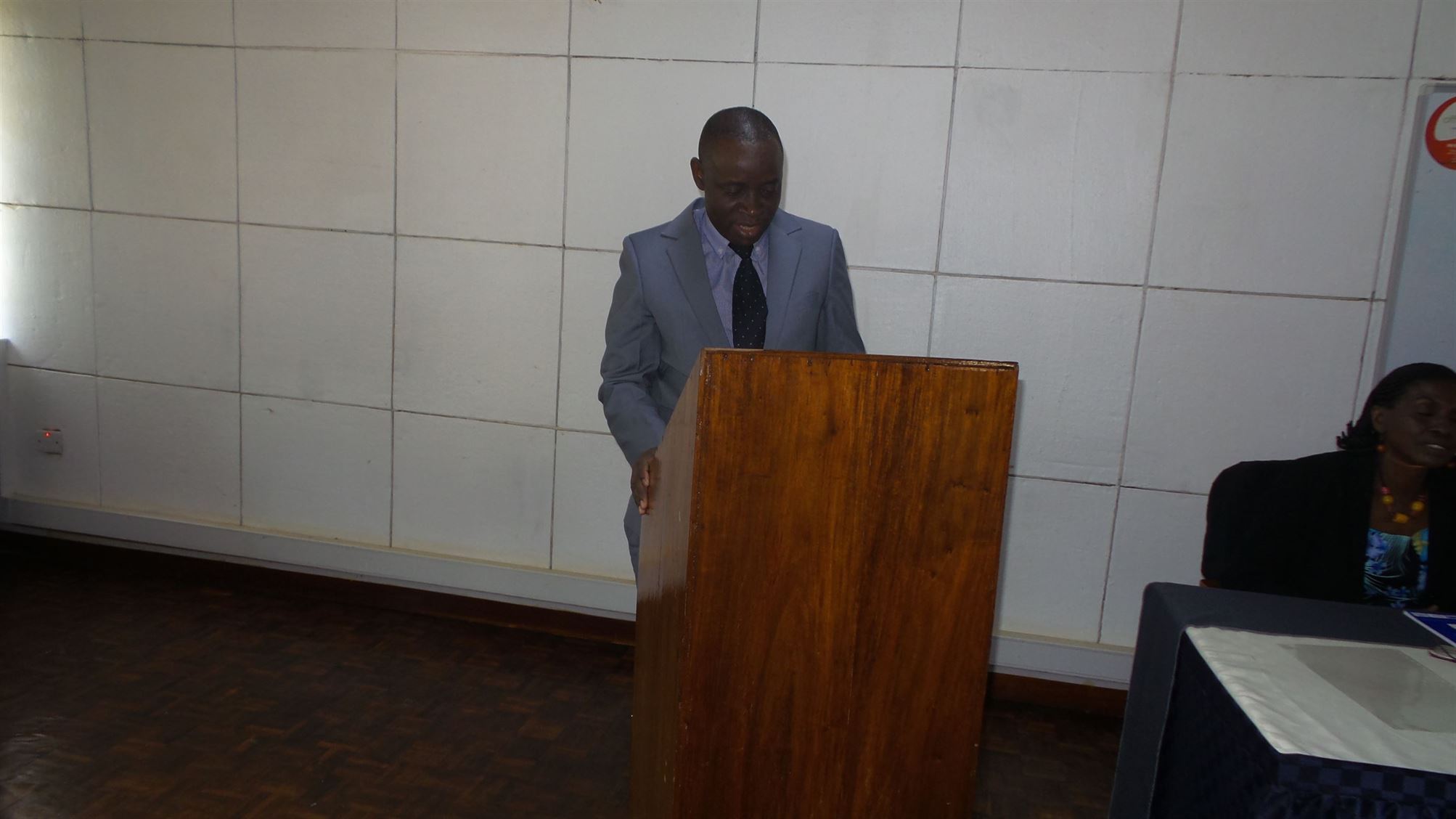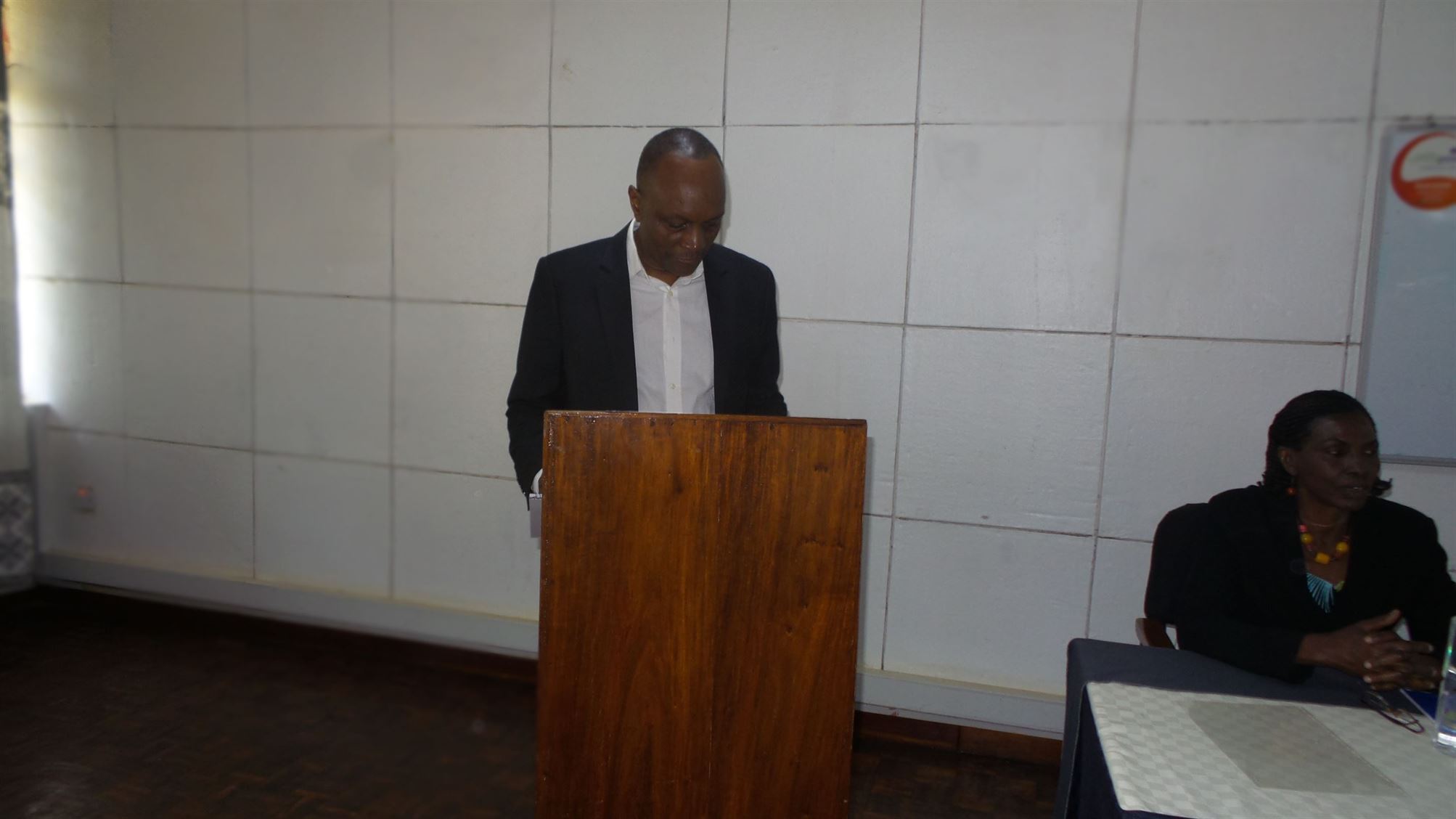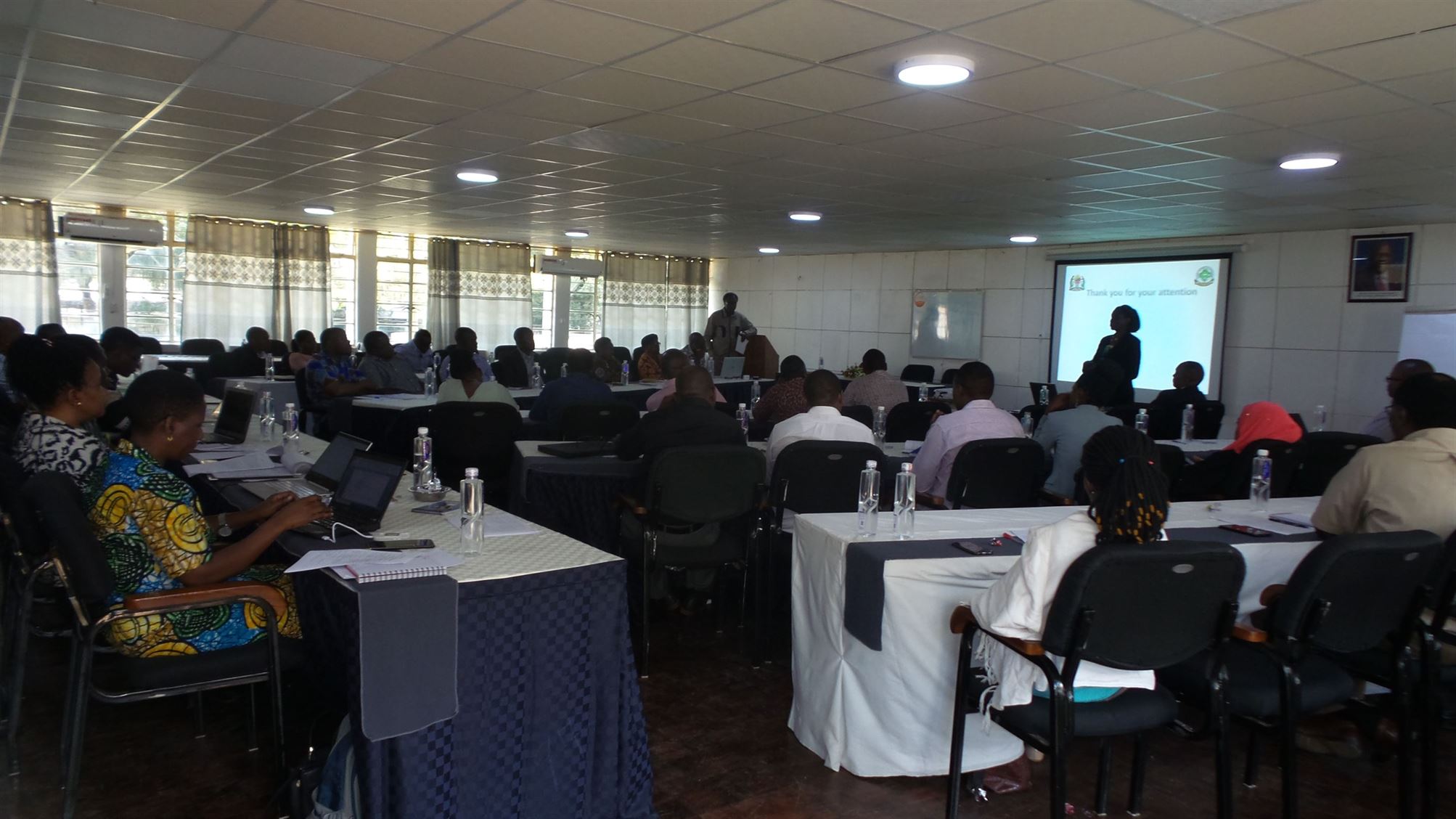Farmers and livestock keepers in Tanzania have been advised to use the best agricultural practices that can take care of the environment so that the present and future generations and the nation as a whole can benefit from agriculture

Participants of the workshop in a group photo
The emphasis was given by the Director of the Directorate of Postgraduate Studies, Research, Technology Transfer and Consultancy, Prof. Esron D. Karimuribo while opening a two-day workshop that started on 10th September 2020 at Sokoine University of Agriculture (SUA) main campus.
The workshop brought together various agricultural stakeholders including students from Sokoine University of Agriculture and Nelson Mandela Institute of Science and Technology, experts from government and non-governmental organizations involved in ecology and agro-ecology practices aiming to contribute to the development and exchange of knowledge and understanding of agro-ecology concepts especially in Tanzania farmers.
"Agro-Ecology is a new concept to many for agricultural development because of the traditional environment where agriculture was practiced without much regard on environmental protection but as of now, we have combined these two concepts of agriculture we are accustomed to with the whole concept of ecology that cares for the environment” said Prof. Karimuribo.

Prof. Karimuribo noted that due to reality of the environmental challenges in the country including soil fertility and climate change Agro-Ecology concept will help preserve the environment for the next 50 years and reduce the impact on citizens.
"We have started with the regions that surrounds us such as Mbeya region, Arusha as well as our districts in Morogoro region which are Mvomero and Morogoro district in the city because we see it as important." He said Prof. Karimuribo.
For his part, Prof. Dismas Mwaseba who is a senior Lecturer from Sokoine University of Agriculture and coordinator of the Agroecology Hub in Tanzania project said the aim of the project is to reform agriculture, improve the lives of Tanzanians and preserve the environment (find more information at https://coa.sua.ac.tz/aaee/aeht)
"Through this project we hope to increase human resources in the sense of undergraduate and postgraduate training and also provides an opportunity for undergraduate students to do research under the project but at the end of the day we get the research we can distribute to farmers" said Prof. Mwaseba.

Prof. Esron Mwaseba
Mr. Thomas Udandale who is a farmer from Mvomero district and one of the participants in the workshop said that the workshop has increased his ability and creativity in modern agriculture methods as well as environmental protection and will use the knowledge gained in his daily agricultural activities.
In conclusion, Prof. Kalunde Sibuga from the Department of Crop Science and Horticulture and a head of the Agro–Ecology thematic area of the Building Stronger Universities Project (BSU) which is in partnership with the Agroecology Hub project said the aim of the partnership is to build the capacity of researchers to develop technologies for field use.





